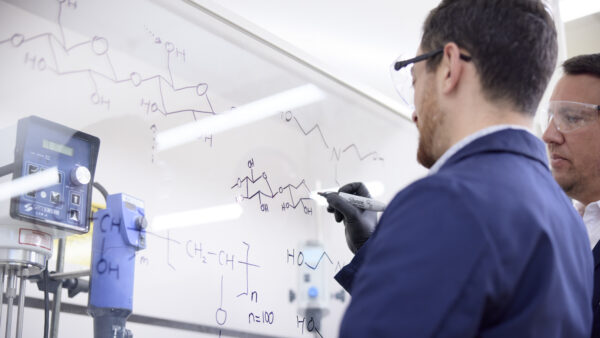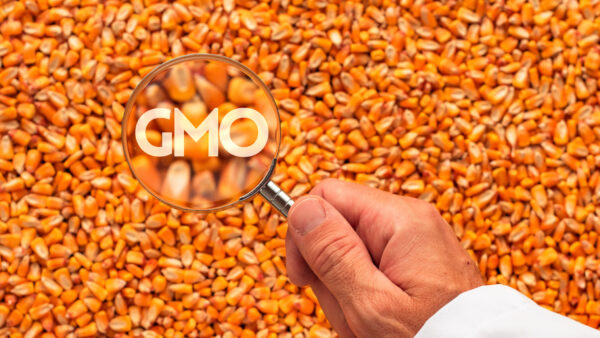BASF has announced plans to shift its operating structure, according to details reported in a release from the company. In an effort to bolster earnings, it plans to create legally separate, autonomous units for its agriculture, battery materials and coatings businesses.
The move “aims to further increase BASF’s competitiveness by adapting the steering of its individual businesses,” said Dr. Dirk Elvermann, BASF’s chief financial officer in a report to investors. “We are combining the benefits of a more differentiated approach to steering individual businesses with the advantages provided by the Verbund [BASF’s integrated chemical complexes] and our setup as an integrated company,” he added.
The move will give the specific businesses “more space to meet the needs of their specific customer industries while keeping the benefits of an integrated company,” the release explained.
In the same investor conference, CEO Martin Brudermueller said the company has “no intention to sell these businesses,” though he confirmed that the company may take on external investment partners to cost share the battery business’ expansion.
BASF is not the first company to divide business operations. ThyssenKrupp in September segmented its business to include a green tech business division and confirmed a plan to spin off its Steel Europe and Marine Systems business, while chemical distributor Brenntag in early December announced it would also reorganize into two separate divisions. Bayer in early November announced it was also considering breaking up its business.
According to a Reuters release, separation moves are “typically welcomed by investors, who often prefer to buy shares in pure-play companies.” In reaction to the announcement, BASF’s shares rose as much as 2%, then fell back to end 1.4% higher at 45 euros each.
BASF posted sales of $94 billion last year. Its Agricultural Solutions unit had $11.3 billion in sales last year.
“The likelihood is that at least 2024 will be another difficult year,” Brudermueller said, according to Reuters.
The change comes as Brudermueller steps towards retirement in April 2024. Potential replacements include Markus Kamieth, in charge of BASF’s Asian operations, and Melanie Maas-Brunner, BASF’s chief technology officer, according to Reuters.











